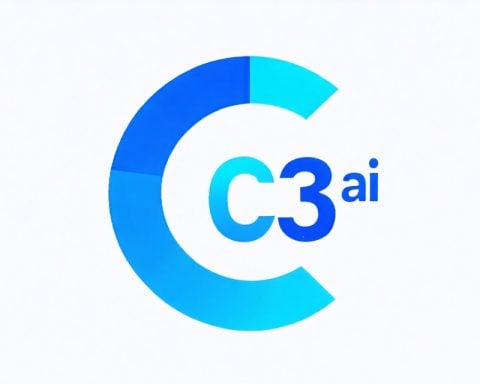Indonesia has recently taken a firm stance against major international phone producers by imposing a ban on the sale of two highly anticipated devices: Google’s Pixel series and Apple’s iPhone 16. This decision has sent shockwaves through the tech industry, as these flagship phones are among the most sought-after in global markets.
Apple initially attempted to navigate the government’s stringent requirements by proposing a $10 million investment aimed at establishing a production facility in Bandung. This would not only fulfill the 40% local production mandate but also provide a significant boost to Indonesia’s economy. However, despite Apple’s initial offer, the Indonesian authorities did not respond positively.
Determined to lift the ban, Apple has now increased its investment proposal to an impressive $100 million over the next two years. Key insiders suggest that the Ministry of Industry in Indonesia has urged that such investments should prioritize research and development within the nation, pushing for advancements in technology that benefit the local economy.
Meanwhile, Google remains reticent, with no public declarations about a strategy to overturn the ban on its Pixel phone. The silence from both companies leaves industry observers astounded at the country’s influential role in foreign investment decisions.
With a population exceeding 200 million, Indonesia commands significant leverage, showcasing its ability to influence international business practices. These regulatory actions underline Indonesia’s strategic approach to securing impactful investments from global tech titans, highlighting its critical position in the Asian market. The tech world now waits eagerly for the next move from either corporation.
Is Indonesia’s Tech Ban a Stroke of Genius or a Risky Gamble? Unseen Impacts Revealed!
The decision by Indonesia to ban the sale of Google’s Pixel series and Apple’s iPhone 16 has not only disrupted the tech market but also opened up new dialogues on the control of technology in developing countries. This bold move reflects a growing trend of emerging economies taking assertive steps in influencing global trade dynamics. However, the repercussions both positive and negative extend far beyond the immediate stakeholders.
Impact of the Ban on Indonesia’s Economy and Society
Indonesia’s strategy to wield its consumer market’s power in harnessing investments might prompt significant benefits. By enforcing stringent local production requirements, Indonesia seeks to ensure a portion of the tech industry profits stay within its borders. This approach could facilitate an increase in job opportunities, advance technological knowledge, and stimulate economic development. An infusion of substantial foreign investment into R&D activities could spur innovation hubs and educational initiatives, thus uplifting the local technological landscape.
Nevertheless, the decision could also hinder immediate access to cutting-edge technology for consumers and businesses in Indonesia. The ban potentially deprives tech-savvy consumers of globally popular, high-performing devices which could stifle tech engagement and adoption in the short term. Additionally, this stance might risk alienating crucial trade relationships if protracted or enacted aggressively.
Shifting Global Dynamics and Indonesia’s Role
The Indonesian clampdown on tech giants accentuates a broader issue in international relations where emerging economies are emboldened to leverage their market size for equitable economic participation, giving rise to questions regarding the balancing act between global integration and national interests.
Would such bans eventually push companies to reconsider their global strategies? If Indonesia’s move proves successful, it may inspire similar actions in other nations, questioning whether firms will need to redesign their supply chain models and restructuring strategies to accommodate local demands.
Advantages and Disadvantages of Indonesia’s Approach
Advantages:
– Strengthens domestic economic growth and job creation.
– Promotes technological self-reliance and skill development.
– Encourages multinational corporations to consider local market contributions.
Disadvantages:
– May delay consumer access to essential tech innovations.
– Risks trade friction in international business relations.
– Potentially drives device prices up due to constrained supply.
Questions Arising from the Scenario
What are the long-term implications for tech companies?
Tech firms may need to develop more flexible, region-specific strategies, possibly involving decentralizing production and customizing models for local markets.
Could this model extend to other industries?
Indeed, as tech industries evolve through such bludgeoned tactics, other sectors like automotive and pharmaceuticals might consider how to better integrate with countries demanding localized growth.
For more insights on global tech industry dynamics, visit TechCrunch. To understand the impact of technology on economic development, explore World Economic Forum. For updates on international trade relations, check Bloomberg.
In closing, Indonesia’s moves are a gamble that might set a precedent for future foreign investment strategies worldwide, but the effectiveness of this tactic remains to be seen. Would the ban propel an era of maverick economic reforms or do the perceived advantages overshadow potential risks and challenges? The world will be keenly observing.





















